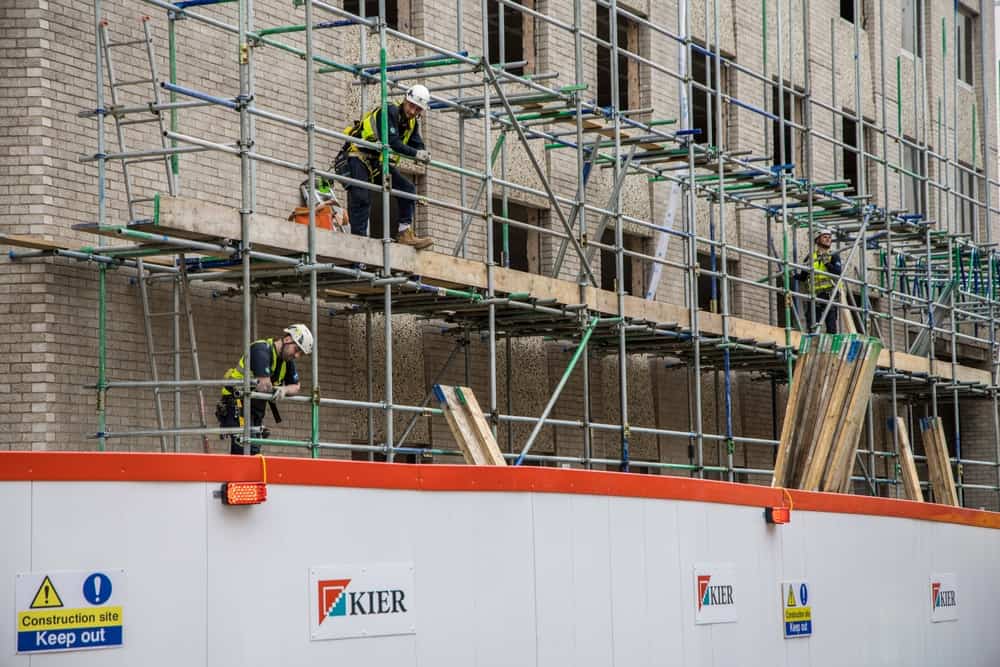The construction sector is grappling with one of the largest worker shortages in the UK, with 16% of businesses reporting a lack of skilled labour, according to new research by money.co.uk.
This ranks construction second only to the accommodation and food service industry, where nearly a quarter of businesses face staffing challenges.
The findings, based on ONS data, reveal that construction is part of a broader national trend of labour shortages, which are affecting industries crucial to the UK economy.
The research highlights a growing crisis for construction firms, long burdened by difficulties in attracting and retaining skilled workers.
Challenges of an Ageing Workforce and Limited Diversity
An ageing workforce and insufficient recruitment of younger talent are significant factors contributing to the construction shortage.
The industry also continues to struggle with diversity, remaining predominantly male-dominated. This lack of representation creates additional barriers to drawing in new talent from broader demographics, compounding the recruitment crisis.
Expert Advice on Addressing the Skills Gap
Kyle Eaton, an expert in business bank accounts at money.co.uk, emphasises the importance of proactive measures to address the skills gap. He outlines several strategies to help construction firms attract and retain skilled workers:
- Build a Strong Employer Brand – Companies can attract top talent by cultivating a reputation as an excellent workplace. Showcasing company culture, values, and development opportunities via social media, job fairs, and industry events is crucial.
- Develop Apprenticeship and Internship Programs – Partnering with educational institutions to create hands-on learning opportunities can establish a steady pipeline of skilled workers and nurture talent early.
- Enhance Onboarding Processes – Structured onboarding programs that include training in policies, culture, and job-specific skills can help new employees integrate more effectively. Providing mentors can also support new hires in their roles.
- Offer Competitive Benefits and Career Development – Competitive salaries, benefits, and clear career progression paths are essential to retaining workers. Employees are likelier to stay with companies that invest in their growth and provide advancement opportunities.
- Embrace Diversity and Inclusion – A diverse workforce brings varied perspectives, fostering innovation and adaptability. Policies promoting inclusivity can attract more candidates and help fill skill gaps.
Broader Implications for the UK Economy
The construction industry’s worker shortage highlights the broader challenges facing the UK labour market. As one of the key sectors driving infrastructure development and economic growth, addressing these gaps is essential for the nation’s future.
Experts stress that investing in training, diversity, and workplace culture is critical to ensuring long-term sustainability and competitiveness.
With an urgent need to bridge the skills gap, the construction industry must adopt innovative solutions to secure its workforce and continue building the UK’s future.




